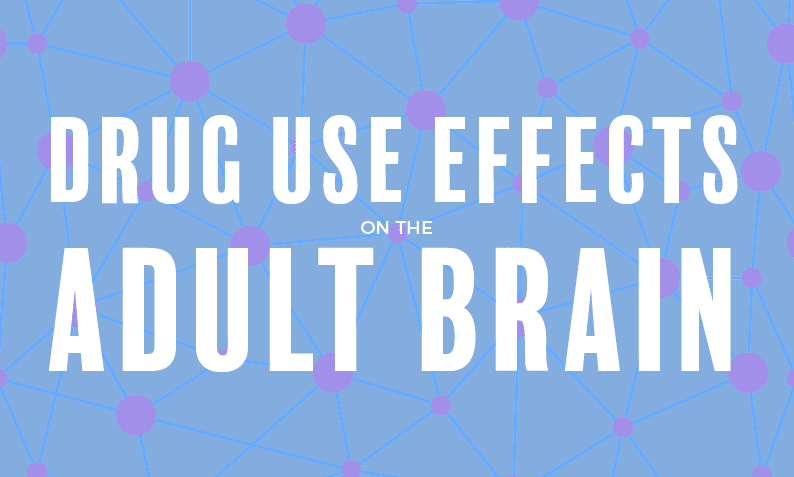

By: Lakeview Health
While it’s well documented that drug use among adolescents can create lifelong problems, it’s important to not overlook the problems associated with adult drug use. Drug use effects can cause comas, memory loss and reduced intelligence. Worse still, these negative issues can arise after just a single use.
Drug Use Can Cause Hypoxic Brain Damage in a Matter of Minutes
Drug use, and particularly an overdose of opioid drugs, can lead to hypoxic brain damage. This damage can occur in fewer than five minutes, and it can lead to drastic, lifelong negative physical and mental effects. Problems stemming from hypoxic brain damage can include the following:
- Lasting, permanent memory loss
- Loss of hearing and vision
- Lifelong lack of coordination or ability to walk
- Inability to communicate, speak or read
- A vegetative state or even death
Drugs Lead to Enormous Amounts of Dopamine Flooding the Brain
One of the ways that the brain responds to drug use is by creating and flooding the body with dopamine. This is known as the “feel-good” response. Eating good food, laughing or having sex all generate a similar response. However, drugs can create 10 times more dopamine than other natural rewarding activities, which can go on to rewire the brain and its reward circuitry system.
Drug Use May Reduce Intelligence
In studies conducted among young adults—including those over the age of 18— marijuana use has been shown to lower IQ. Other studies conducted found similar results with other drugs, particularly among younger users.
Drugs Recondition the Brain and Lead to Addiction
The brain is largely responsible for how a drug addiction develops. Using drugs just one time can rewire the brain to desire drugs at certain intervals or during certain events. This causes addiction to develop rapidly. Reconditioning the brain away from its addictive behavior and craving can be a serious challenge.
Drugs Can Significantly Alter Communication in the Brain and Body
The brain hosts more than 100 billion neurons, all of which carry out tasks ranging from visually recognizing objects to clapping hands together. Drugs, however, throw a wrench into these communication plans. Neurons won’t be able to send and receive information as quickly. In addition, they may not be able to function at all without stimulation from drugs. The only effective way to tackle drug use effects on the brain is to seek treatment for addiction. At Lakeview Health in Jacksonville, Florida, men and women can break free from drug use. Call 844-208-3451 right now to begin creating your own customized path to lifelong recovery.





